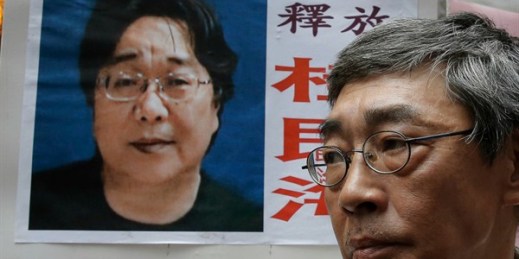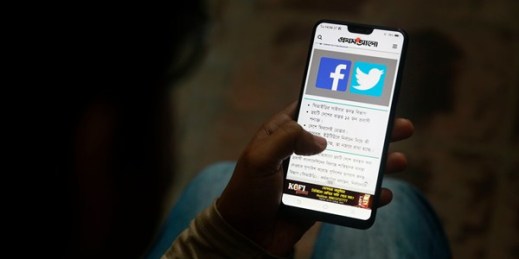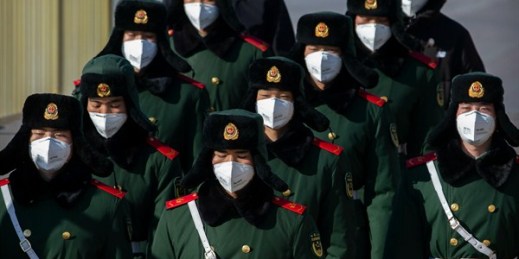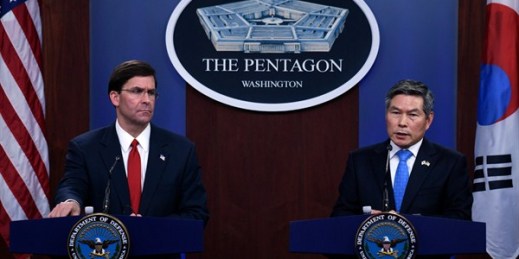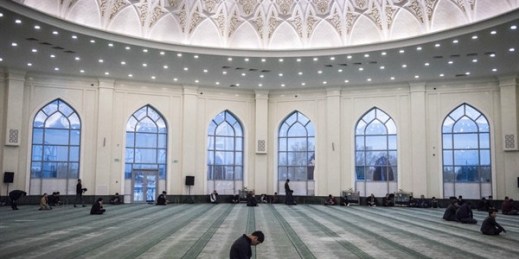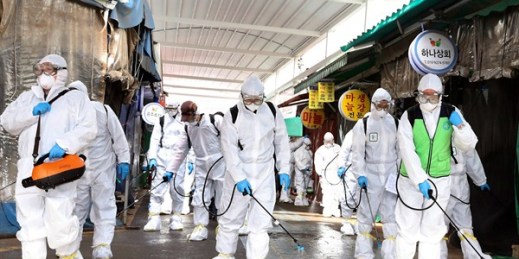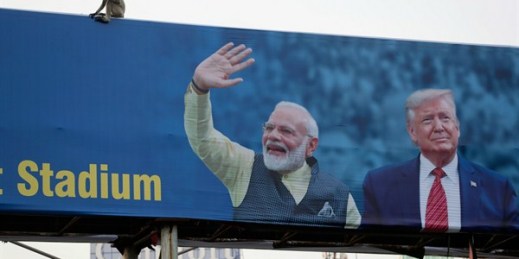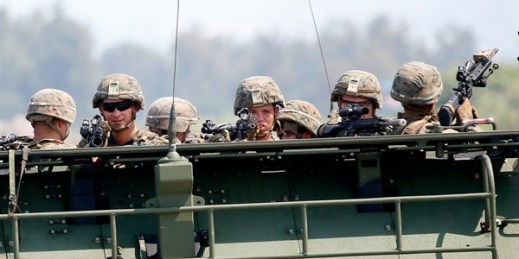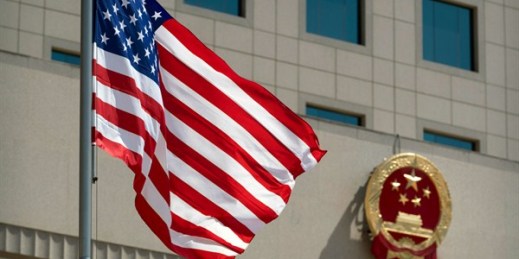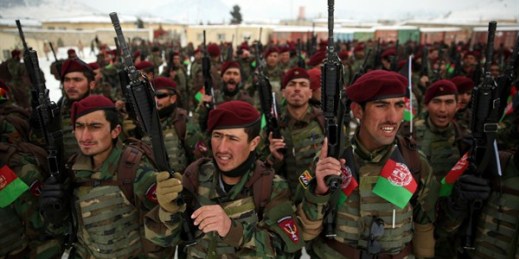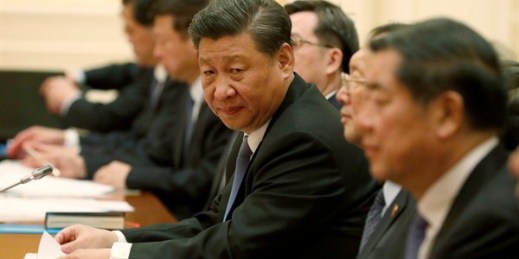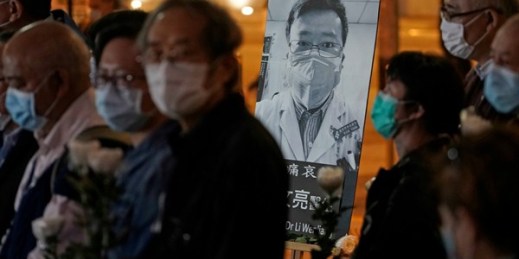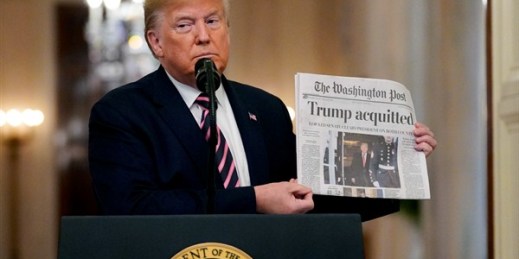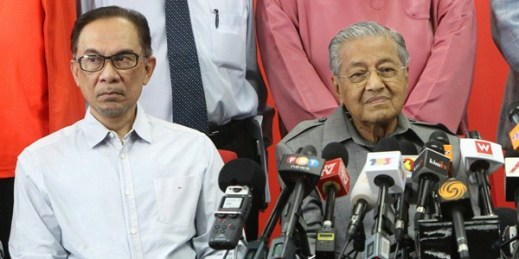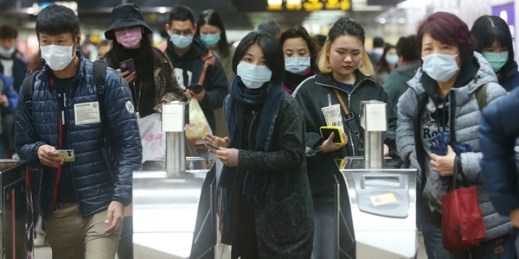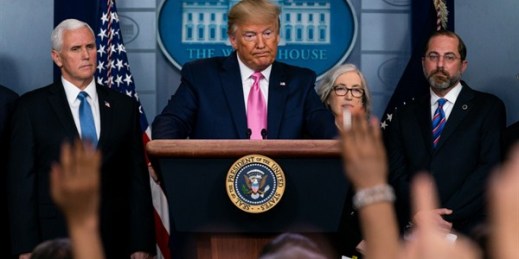
In this week’s editors’ discussion on Trend Lines, WPR’s Judah Grunstein and Freddy Deknatel talk about global efforts to contain the spread of Covid-19. They also discuss the ways in which governments’ responses—whether in China, Iran or the U.S.—have highlighted the tensions between political narratives and medical expertise in addressing the crisis. If you like what you hear on Trend Lines and what you’ve read on WPR, you can sign up for our free newsletter to get our uncompromising analysis delivered straight to your inbox. The newsletter offers a free preview article every day of the week, plus three more […]

